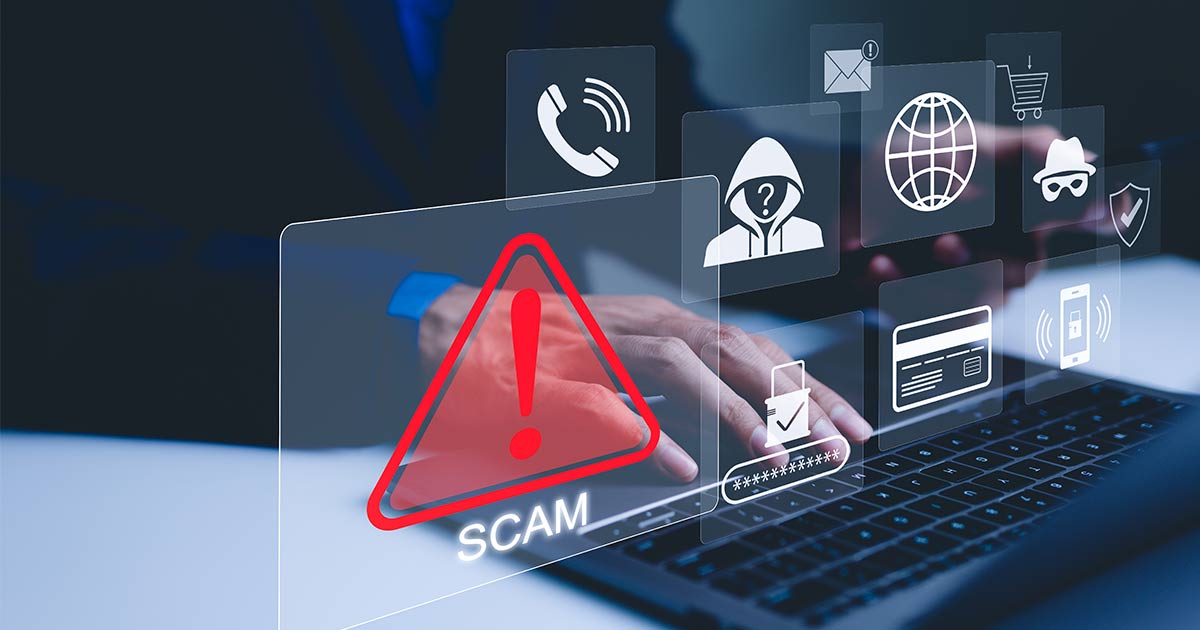FBI Warns Seniors About New Scam Draining Retirement Funds

We work our entire lives to build a retirement we can look forward to. The last thing any of us want is to see it stolen by a scam—and that’s exactly what’s happening right now. The FBI is warning seniors about a highly sophisticated scheme called the “Phantom Hacker.” It’s draining retirement accounts and costing victims their life savings.
How the Scam Works
Thisisn’t your average tech support scam. Criminals are now using a three-phase approach to build trust and make their lies believable:
1. The Tech Support Imposter
It usually begins with a pop-up, email, or phone call claiming your computer has been hacked. A fake “support agent” convinces you to download software that gives them remote access. Once inside, they push you to log into your bank or retirement accounts so they can “check for fraud.”
2. The Financial Institution Imposter
Next, another scammer calls, pretending to be from your bank or brokerage. They claim a foreign hacker has breached your account and insist the only way to keep your money safe is to transfer it to a “secure” third-party account. Victims are often told to wire money, send cash, or use cryptocurrency—sometimes in multiple transactions over several weeks.
3. The Government Imposter
To make it all seem official, a third scammer poses as a U.S. government employee. They may even send fake documents on what looks like federal letterhead. They double down on the warning that your money isn’t safe and pressure you to move it into “alias” accounts—finalizing the theft.
Why This Scam Is So Dangerous
According to the FBI, between January and June 2023, victims reported more than $542 million in losses from scams like this. Seniors over 60 made up nearly half of those targeted and lost two-thirds of the money stolen. Losses have already jumped 40% higher than the year before.
These aren’t small thefts. Scammers are targeting life savings and retirement funds that people have worked decades to build.
How to Protect Yourself
- Keep these key rules in mind to avoid becoming a victim:
- Never click links or call numbers from unexpected pop-ups, texts, or emails.
- No legitimate bank, credit union, or government agency will ever ask you to move money to “protect” it.
- Don’t let strangers who call or email take remote control of your computer.
If you’re unsure about a call, hang up and contact your financial institution directly using the number on your card or statement.
Scammers Are Getting Smarter
What makes the Phantom Hacker scam so effective is how real it feels. Today’s criminals use artificial intelligence to mimic voices, making a call sound like it’s coming from your bank—or even a family member. They can also spoof caller ID so the number looks legitimate. That’s why you can’t just rely on what your phone shows—you have to verify for yourself.
Everyday Habits That Help Stop Fraudsters
Beyond the FBI’s guidance, a few extra habits can go a long way:
- Slow down. Scammers thrive on urgency. If someone says you must “act now” to save your money, that’s a red flag.
- Use multi-factor authentication. A text code or authentication app makes it much harder for criminals to break in.
- Check your accounts often. Small, unusual charges can be a test before a larger theft.
- Talk it out. If you’re unsure, run it by a trusted family member or friend before moving money. Scammers want you to feel isolated—don’t let them.
- Share the warning. Many victims are seniors who may not see this information online. Talk about it with parents, neighbors, or community groups.
The Bottom Line: What to Do If You Suspect a Scam
These scams are designed to make you panic and give up control. The best defense is to slow down, ask questions, and remember—no real bank or government agency will ever ask you to move your money for “safety.”
If something feels wrong, trust your instincts. Stop the conversation and report it immediately. The FBI asks victims to file reports at www.ic3.gov with as much detail as possible about who contacted you and how.
At Nuvision, protecting our members’ financial security is always our top priority. If you’re ever unsure, don’t hesitate to call us directly. We’ll help you confirm what’s real and keep your money safe.




